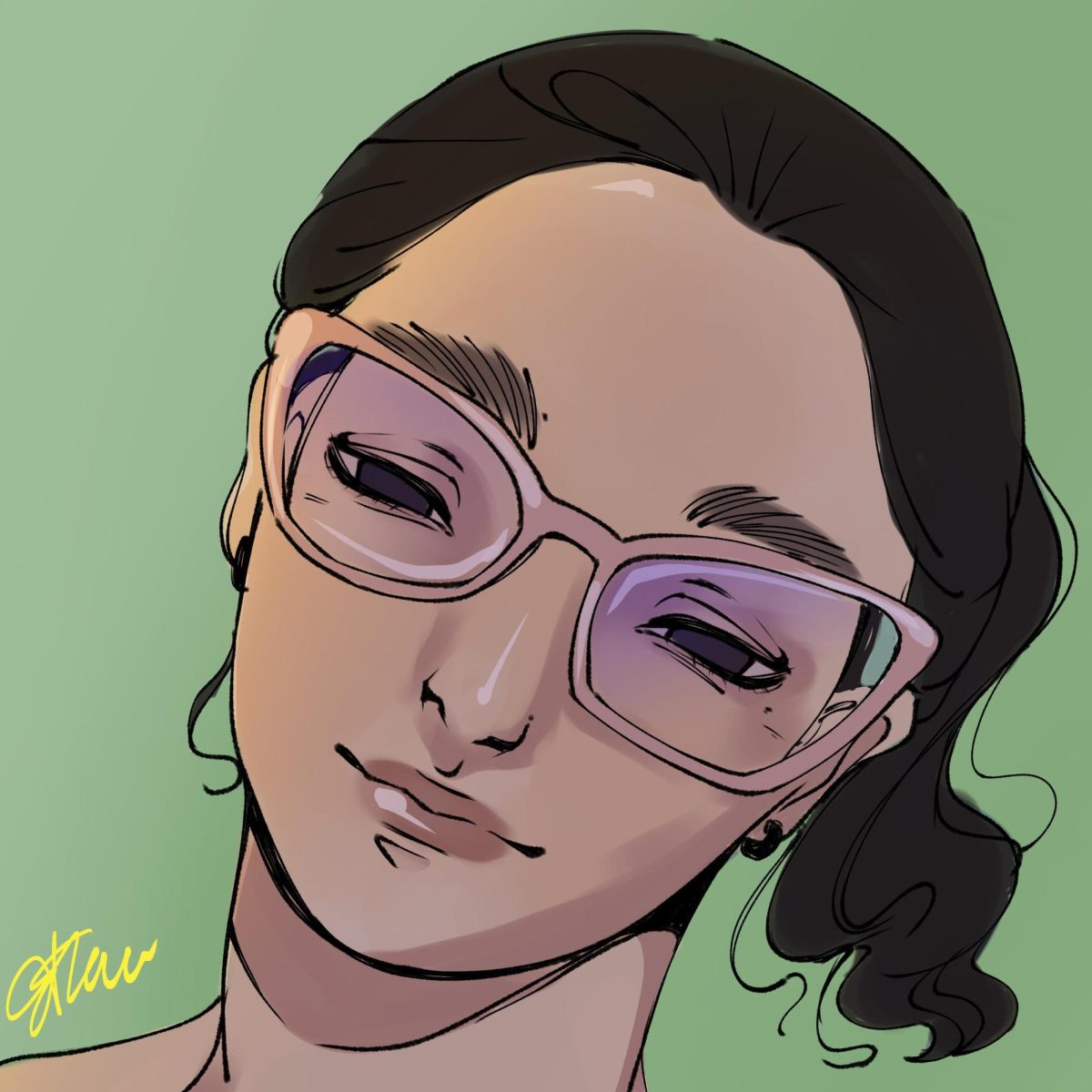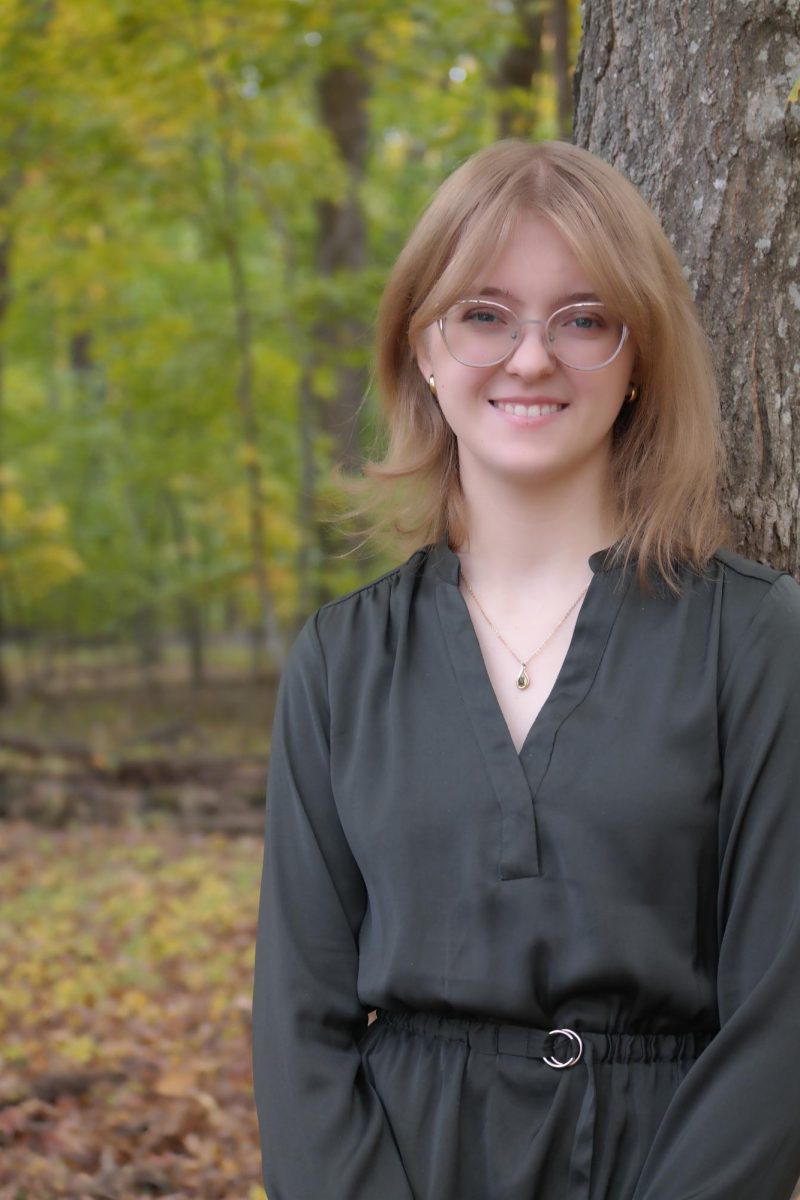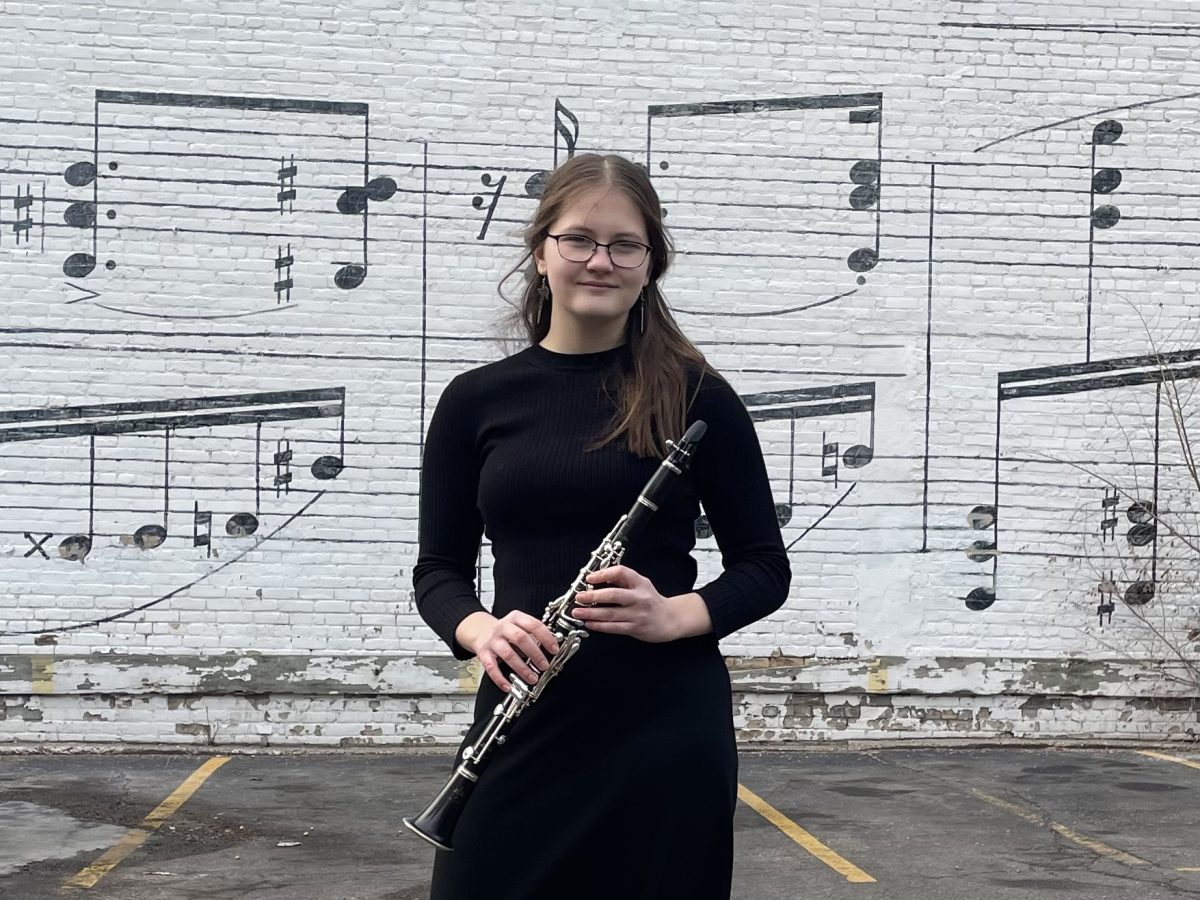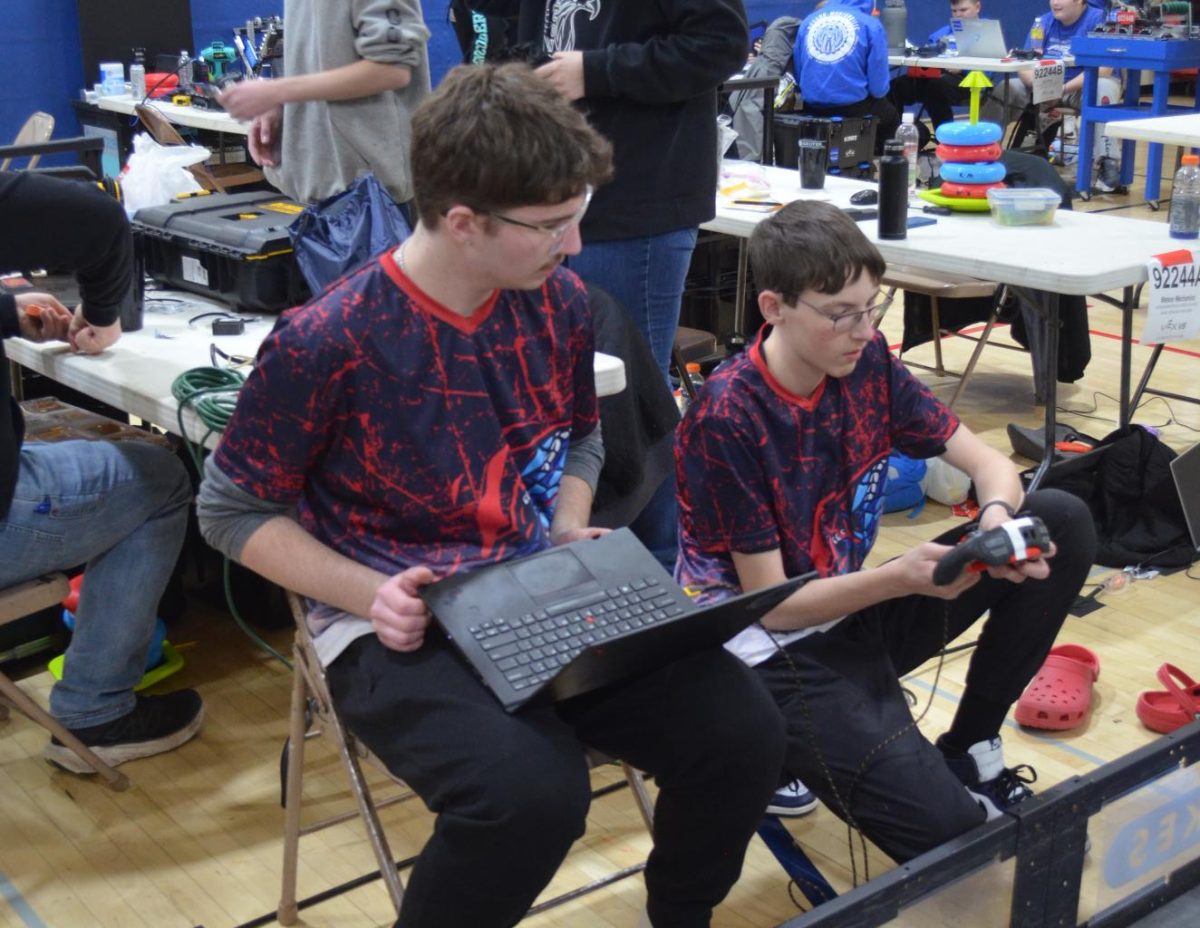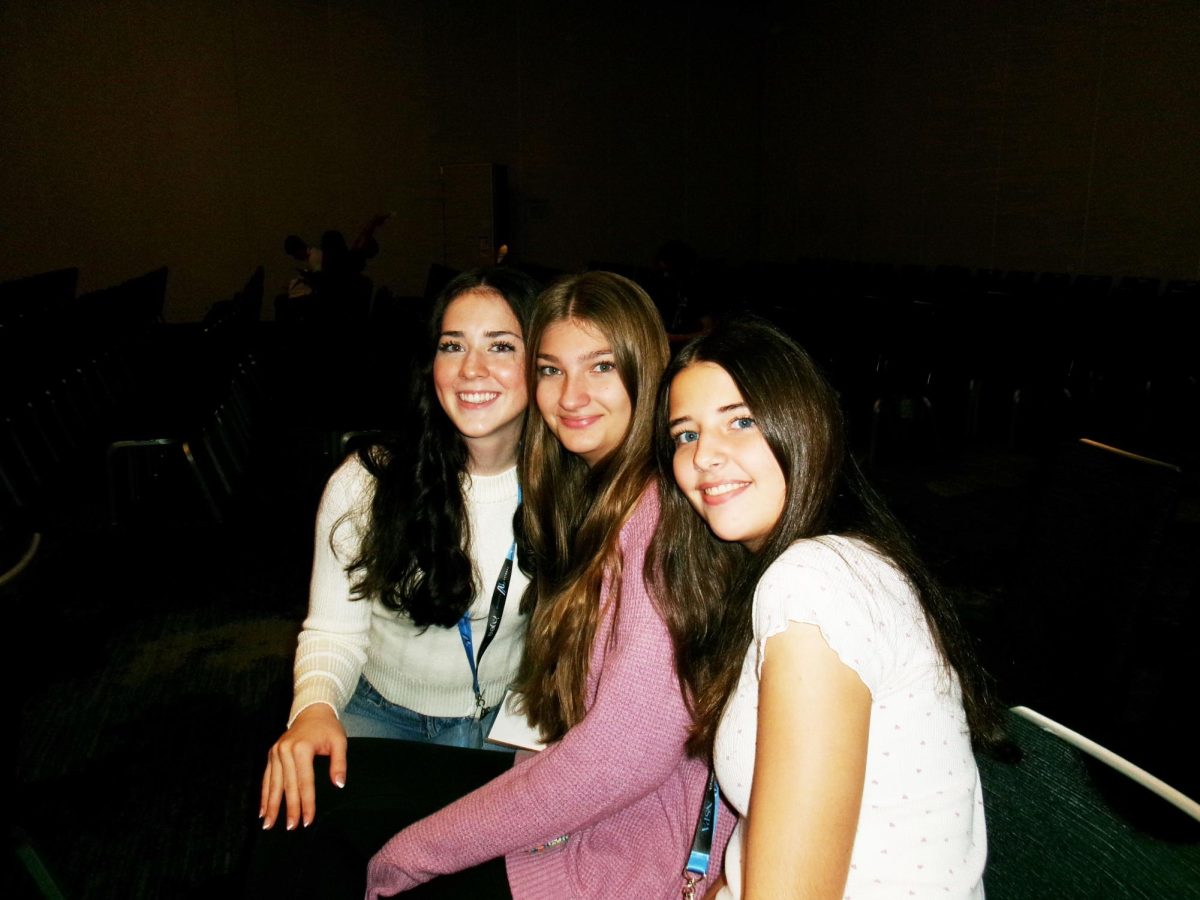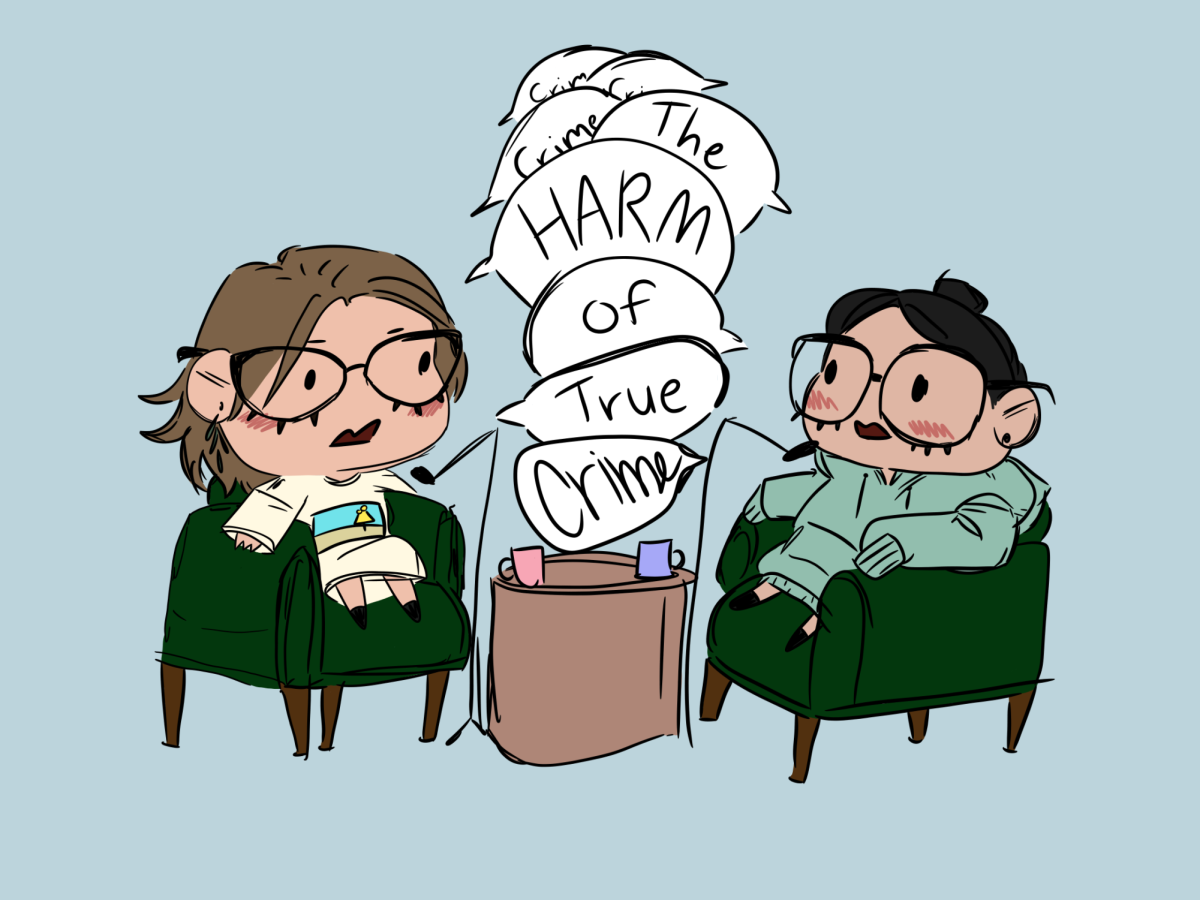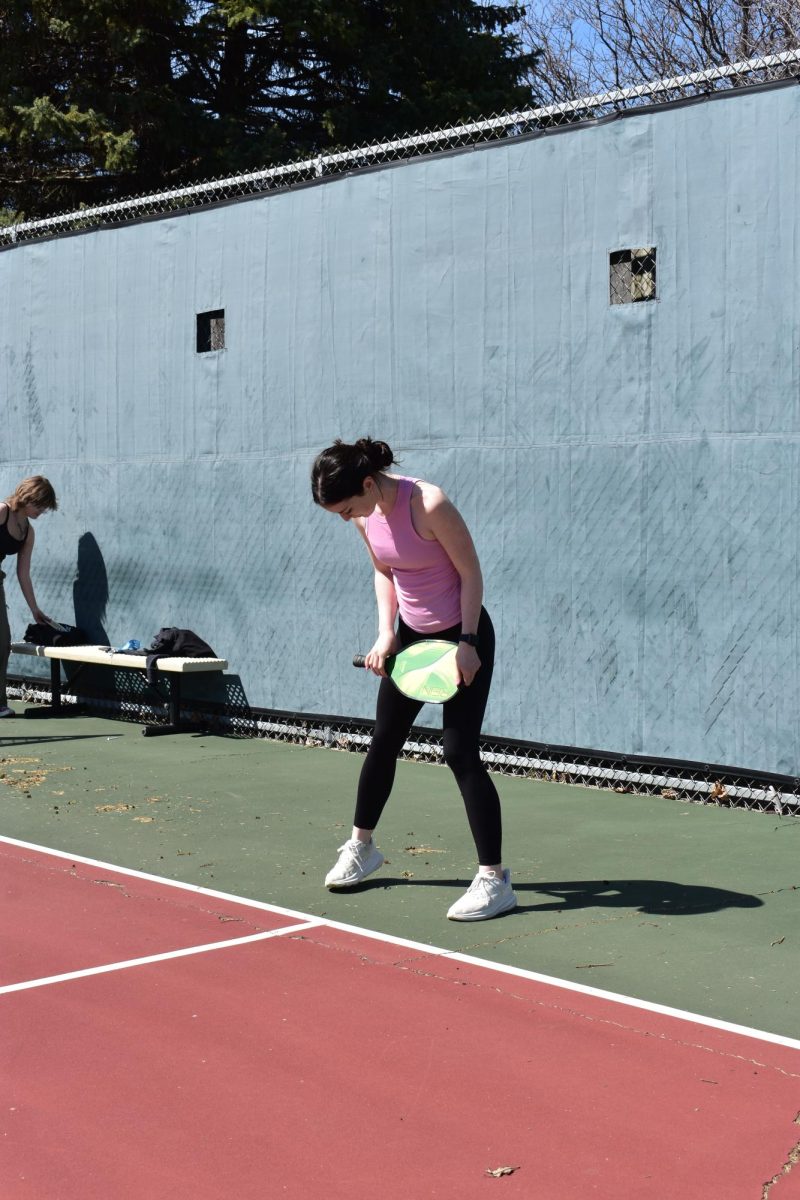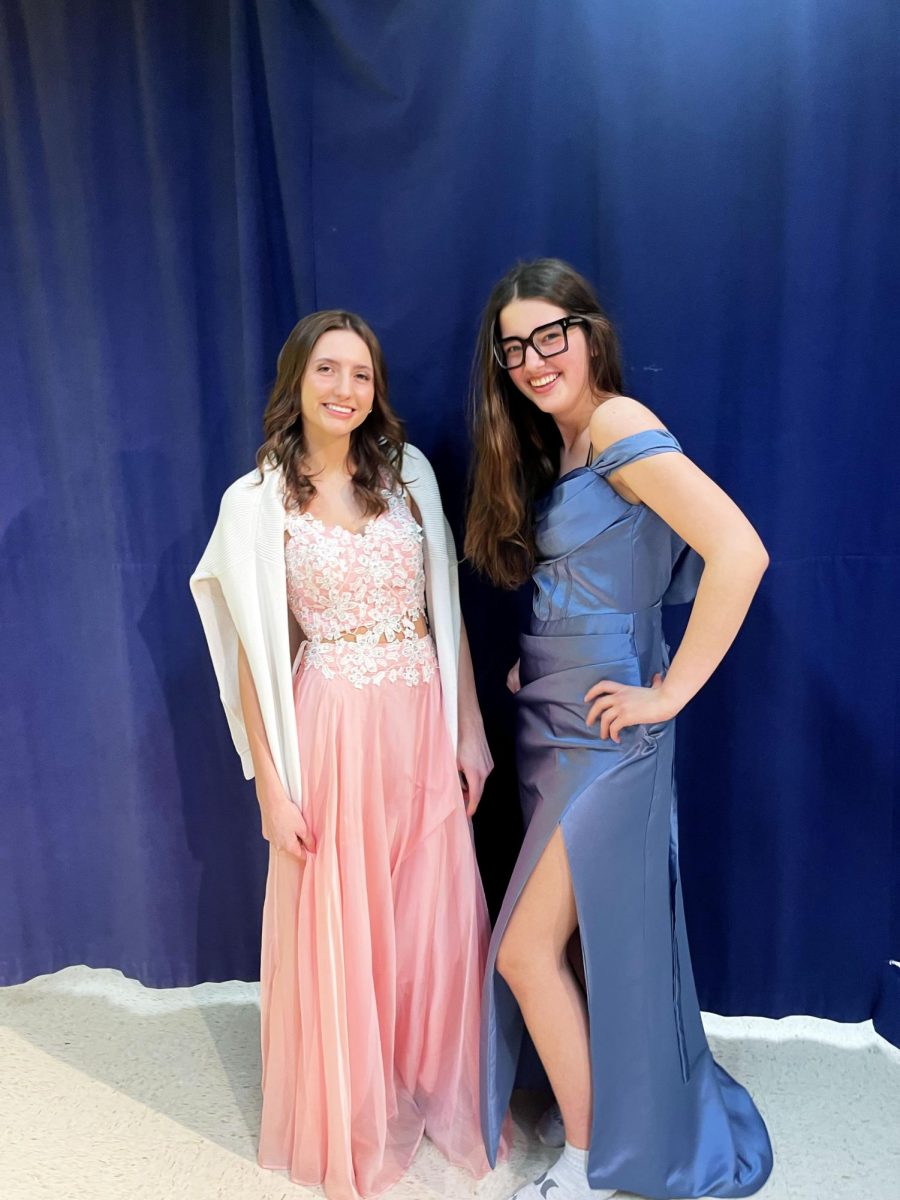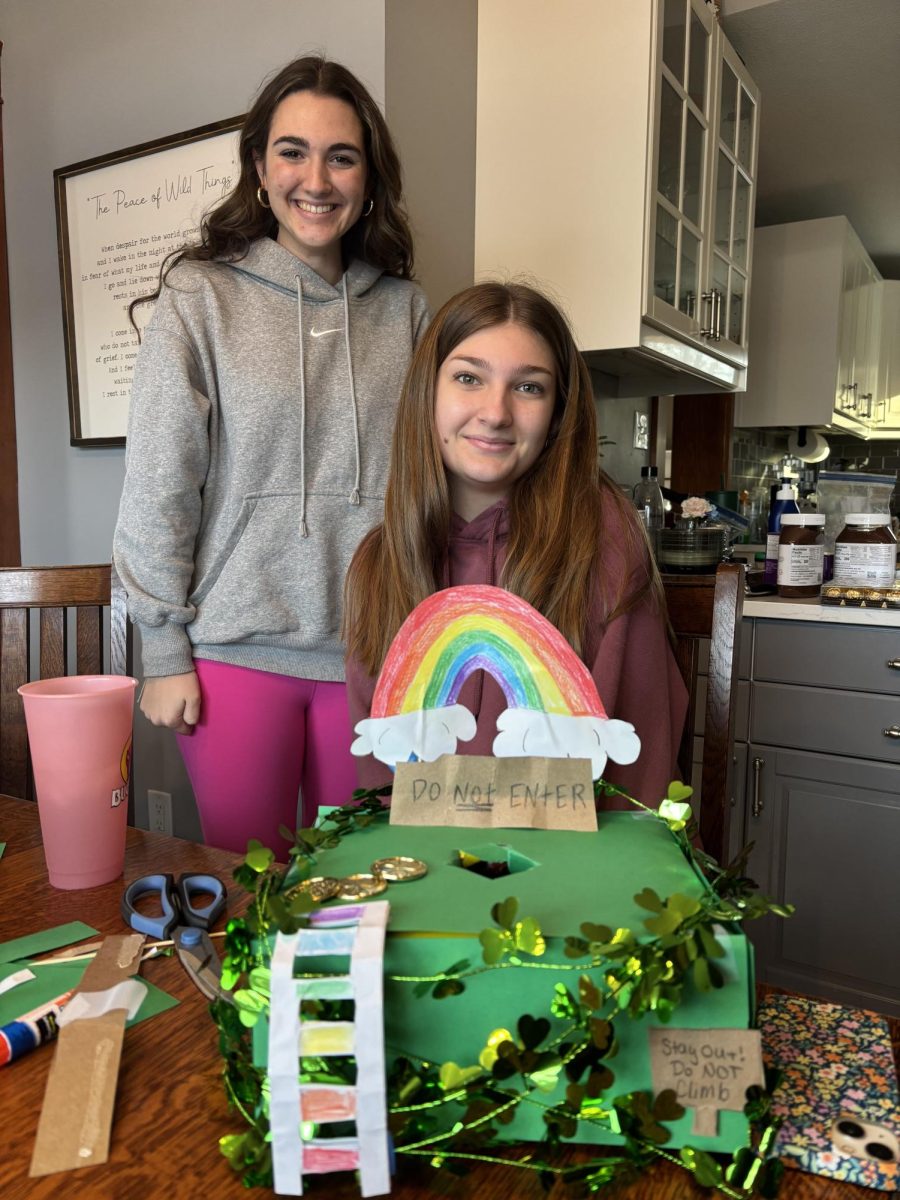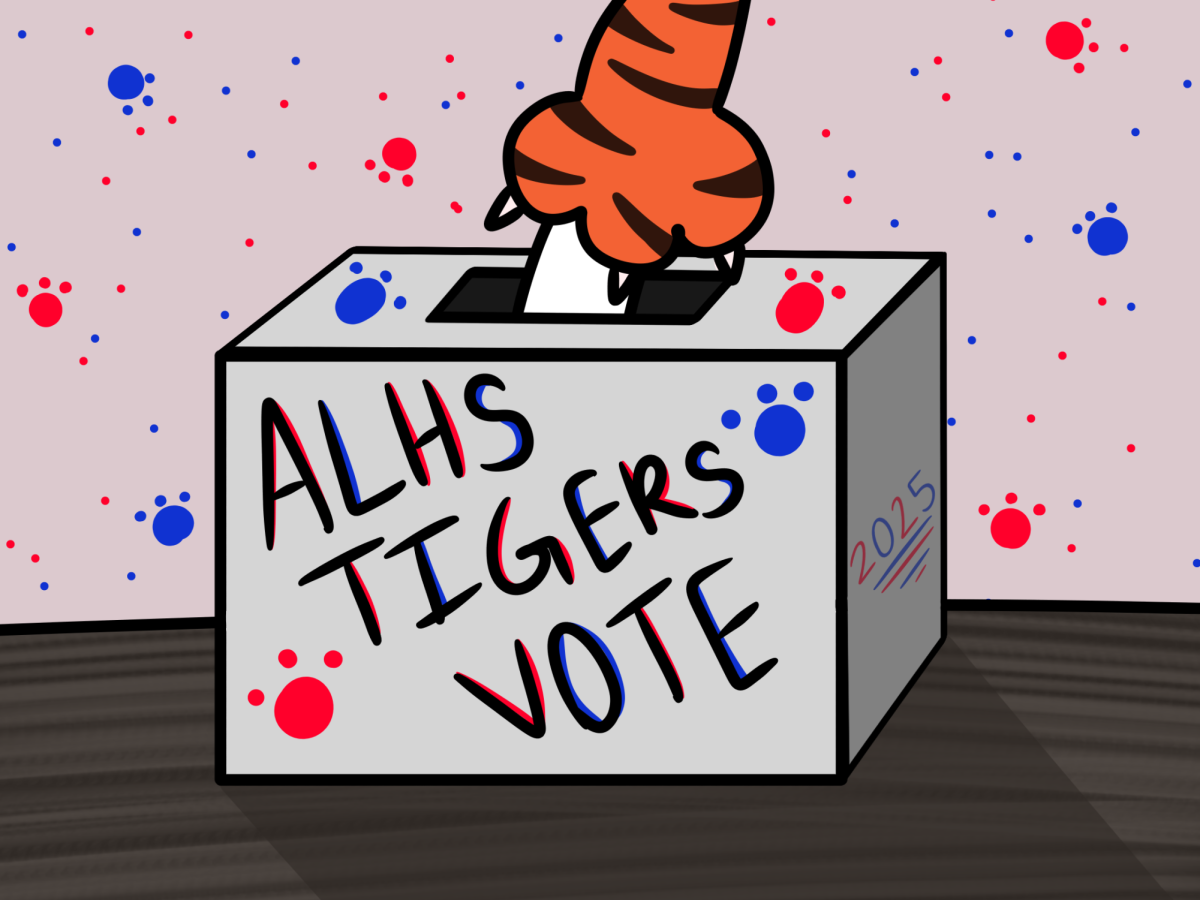The Ahlahasa is a monthly printed newspaper, due to the time constraints that this allows, the paper will come out the day after the election. As you are reading this the new president will already be announced, but this information was not available when we sent in the paper to print. Additionally, the focus of this article is about seniors and how they feel entering into politics. We did not ask students who they were going to vote for and we instead focused on issues that they care about.
This November, Americans are faced with a choice: Who are you going to vote for? Not only is it the first time 66 seniors this year have the power to vote, it’s also a historic election.
According to NPR news, US elections last a lot longer than they do in other countries. The national election campaign length in the US (2016) is 596 days leaving 281 days from the first caucus to the election. To compare with other countries, the UK (2015) only has 139 day long campaign lengths. While there are many reasons for this difference, one impact is the prolonged power each campaign has to sway your decision.
Due to the polarizing sides of each party, we asked students what issues are key in this election to them. We sent out a Google form to the entire senior class, we received thirty-three responses, out of those thirty-three fourteen of them are able to vote on November 5, 2024.
Based on our polling, seniors’ top three issues were healthcare, abortion and gun control, but while speaking to students the economy also came up.
Senior Ayva Murray said, “The main issue I’ve heard being talked about is economics, and then I know abortion is a big one in this election.”
The importance of economics is a continuing theme throughout talking to students. Students are concerned about their futures and building their own financial security, whether that’s through housing or other ventures.
Senior Kaylyn Eide explains what’s important to her, “Cost of living, then maybe like the housing market because I’m hoping to own a house at some point and right now, I don’t think most of us will be able to do that if the market stays how it has been.”
Students are also concerned with issues that impact their households and how issues like the economy have become personal.
Eide said, “So my mom’s a single parent. I think it’s very much affected with prices like groceries and gas. Everything is very stressful on single-income households like my mom’s.”
While Senior Clara Thompson’s most important issue is reproductive rights. Thompson states, “I think that reproductive rights in health for women is really important to me. As a woman who has a uterus and could get pregnant it’s important to me that I have access to the healthcare I need.”
Our poll shows that 45.5% of the seniors who answered our poll did not research the candidates. This issue of following a candidate without knowing all the factors proves to be something that students find difficult to sway away from.
“It’s also hard when you do try to educate yourself,” Murray said. “Instead of trying to show what they [politicians] are wanting to do, [they] tend to just bash the other person. So it just comes from both sides, and it can get pretty messy.”
The polarization of this election is not lost on young voters.
“I’m sure there’s people that disagree with me and don’t think those things [women’s health and equality] are important,” Thompson said. “And I’m in class with some of those people on a regular basis.”
This aspect of ‘picking a side’ within this polarization causes stress for voters. Voters find themselves in a position where a decision needs to be made that they do not necessarily feel completely happy with.
“When it comes to an election like this, when the two people I’d say are so polarly opposite in their opinion, that even if you don’t like the person themselves, when it comes down to the decision, you have to just pick a side. More so parties rather than people,” Murray said.
This feeling of division that Seniors are explaining is very real. The Pew Research Center reports that Trump’s presidency also marks one of the biggest partisan divides in three decades. At the end of his presidency in 2021, the data averaged at about 86% of Republicans approving of Trump and an average of 6% of Democrats. This is the widest partisan gap in approval for any president in the modern era of polling.
We polled the Seniors on whether or not they believed their vote would have an impact, 65.6% said no.
Eide has a different perspective. She believes young voters have more passion for politics.
“I think young voters see more of the problems,” she said, explaining how older voters already have their lives planned out. “They [older voters] have their pensions. They already have the rest of life figured out and so it doesn’t really matter to them. We don’t have those things yet and that’s kind of what we’re looking towards.”
There are many factors to the 2024 election that makes it so historical. In the summer of 2024, President Joe Biden dropped out of the race. The last time a sitting president dropped out of re-election was in 1969 when Lyndon B. Johnson faced heavy political division that he didn’t believe he would be able to solve.
Vice President Kamala Harris stepped in, also marking an important moment in history. When Harris was sworn in as Vice President on January 20, 2021 she was the first woman, the first Black American, and the first South Asian American to be elected to this position.
Now running for president on a major-party ticket, Harris is the first Black female and Asian American presidential candidate, the second woman as a presidential candidate after Hilary Clinton in 2016, and the third woman after Geraldine Ferraro and Sarah Palin to be the vice-presidential nominee to do so on a major-party ticket.
Additionally, Trump will be the first president to run for a second term after being impeached twice and the first convicted felon. According to the Pew Research Center, Trump was the first president without government or military experience to be elected as president.
Despite the division, the students of Albert Lea High School tend to just want to start having civil conversations again.
“I feel like if anything the stigma around it is just that most people can’t have an open conversation with someone of opposite views,” Murray said and continues, “[it] turns into more of like an argument rather than just a conversation”.
During this vast period of historical division and firsts, 66 seniors at Albert Lea High School were left with a choice that was made on November 5, 2024 for the first time in their lives.

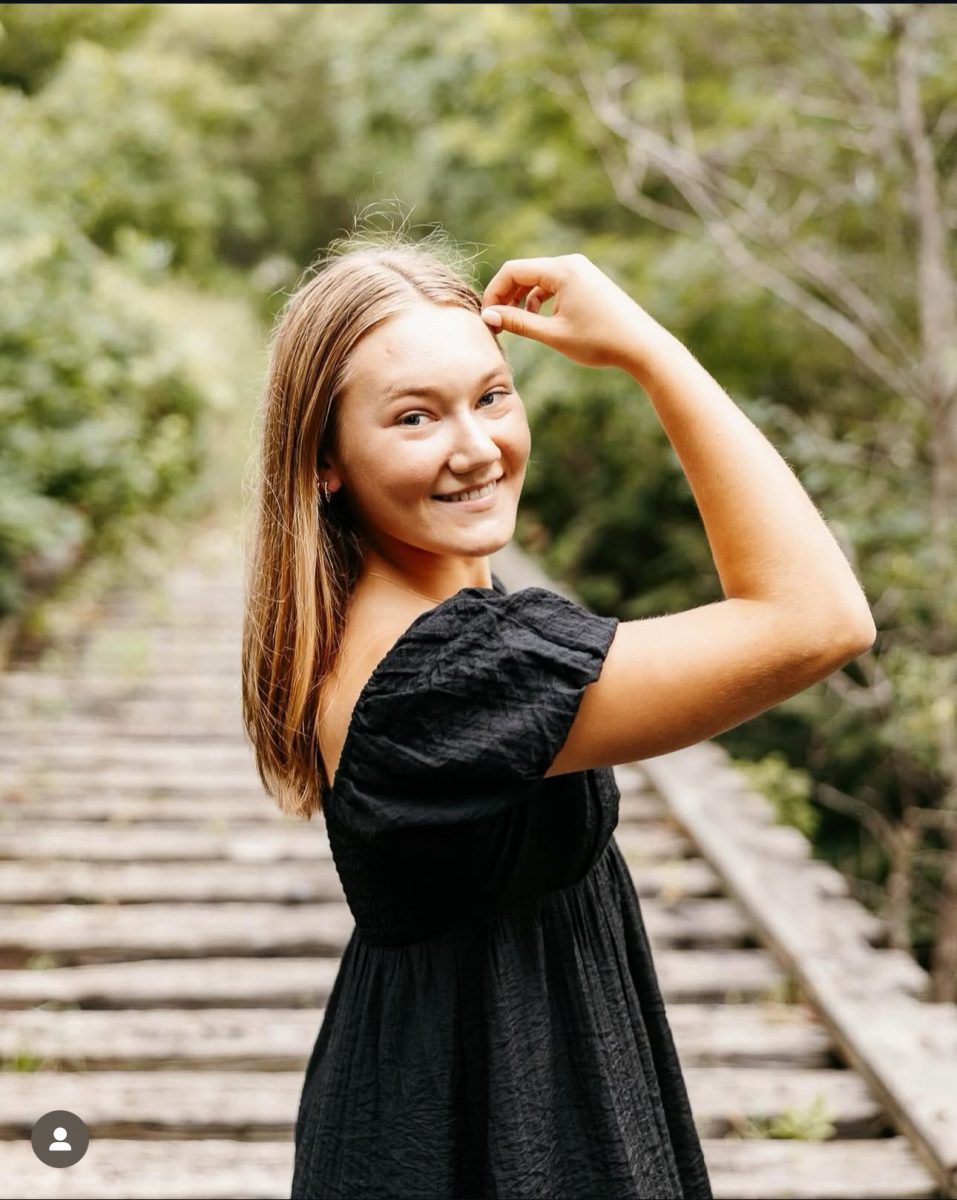
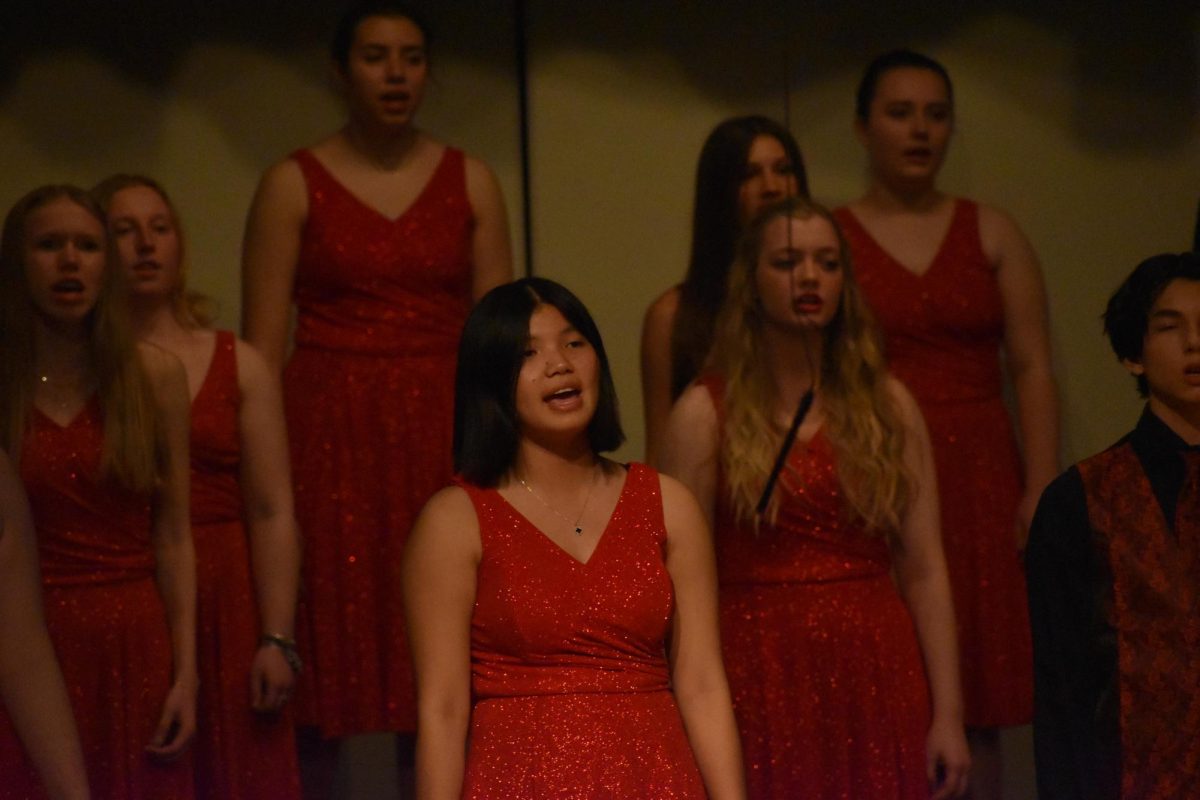
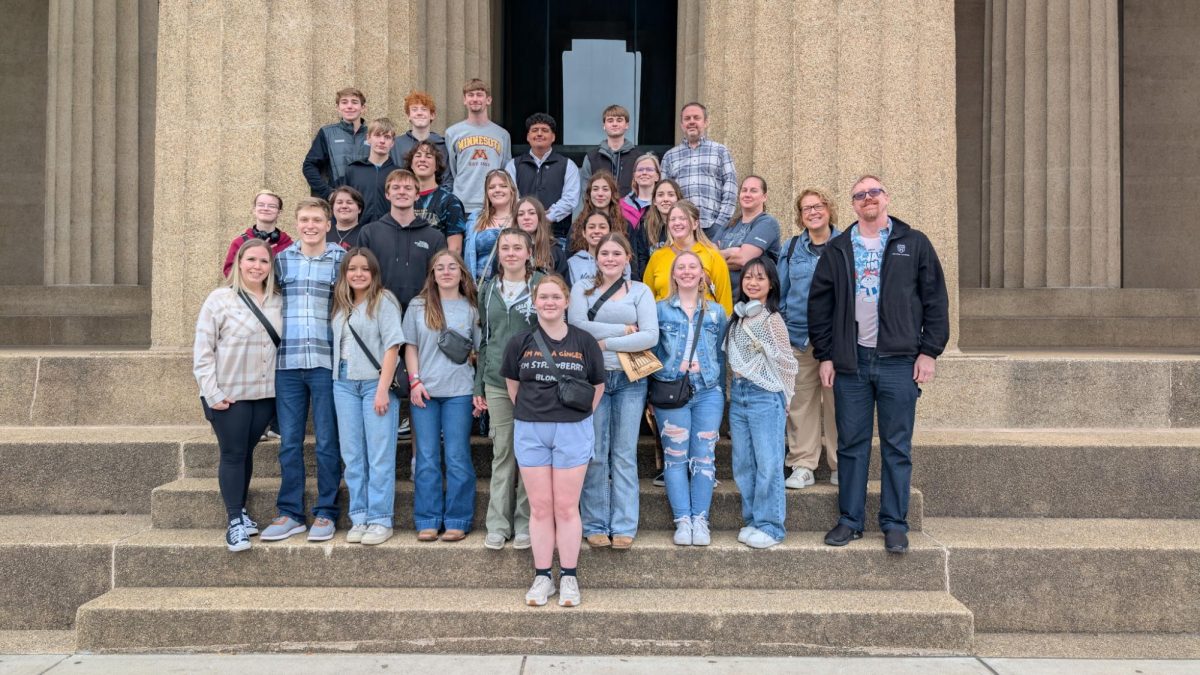

![At the pepfest on Feb. 13 the Winterfest Royalty nominees were introduced. There were two girls and two boys candidates from each grade. Royalty included Prince Axel Calderon (11), Jacob Miller (12), Princess Maya Fuller (11), Brecken Wacholz (10), Ethan Brownlee (9), Lord Given Saw (9), Lilly Elmer (9), Angela Buansombat (10), Queen Jenna Balfe (12), Hanna Austinson (11), Raegan Broskoff (8), Duchess Evalyn Holcomb (10), Jordyn Earl (8), and Lady Leighton Brenegan (9). Not pictured include: King Kaiden Baldwin-Rutherford (12), Piper Aanes (12), Blair Blake (11), Duke Kuol Duol (10), Thoo Kah (8) and Aidric Calderon (8). Student council member and Junior Prince Axel Calderon said, “It [the nomination] means that I’m kind of a student leader. I hopefully show younger kids what it means to be a part of the student council and lead the school.”](https://www.ahlahasa.com/wp-content/uploads/2025/03/front-page-1200x800.jpeg)

